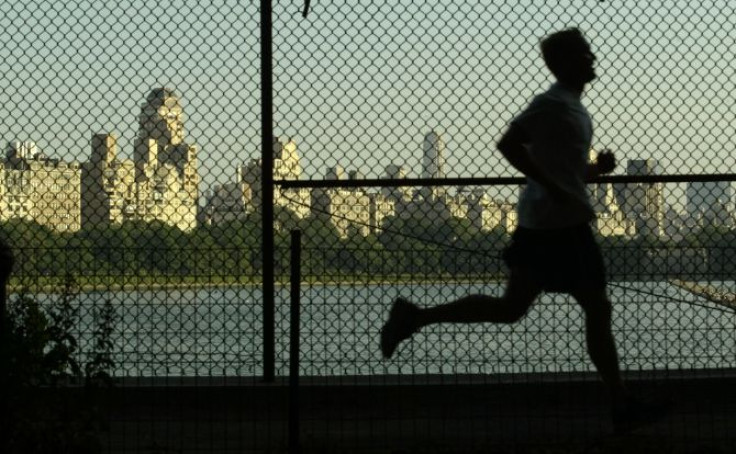Physical Activity In Middle-Age Lowers Health Risk, Reduces Inflammation

Moderate levels of physical activity can help middle-aged men and women avoid major health complications later in life, a new study says.
The Centers for Disease Control and Prevention (CDC) recommends at least 150 minutes moderate intensity physical activity every week.
The study found that people who were active in middle-age had lower levels of inflammatory markers that stayed stable for over a decade. According to researchers, the benefits of physical activity in lowering inflammation lasted for more than years and could be very important for your health as you get older.
"It's not just vigorous exercise and sports that are important. These leisure-time activities represent moderate intensity exercise that is important to health. It is especially important for older people to be physically active because it contributes to successful aging," said lead author Mark Hamer, PhD, associate professor of epidemiology and public health at University College in London, U.K.
In the study, approximately 4,200 men and women aged who were around 49 years old were asked to report about their daily physical activities like walking, gardening, sports and housework.
Researchers recorded their responses and measured the levels of inflammatory markers including C reactive proteins and interleukin-6 (IL-6). The research team again measured these inflammatory markers 11 years later.
"Inflammatory markers are important because we have shown they are a key mechanism explaining the link between physical activity and the lower risk of heart disease. The people who benefited the most from this study were the ones that remained physically active," said Hamer.
The study results showed that people who were physically active at middle-age had lower levels of inflammatory markers compared to people who had lower levels of physical activities. In addition, active adults had stable levels of these markers even during a 10 year follow up study.
At the beginning of the study, less than half (49.1 percent) of the study group participants had the recommended amount of physical activity.
The rate jumped up to more than 83 percent post-retirement.
"The percentage of exercising participants jumped quite a bit because they were entering their retirement during the last phase of the study. We have shown that retirement seems to have a beneficial effect on physical activity levels," Hamer said.
"Our data is much stronger than the previous shorter or cross-sectional studies, adds to prior evidence and confirms the importance of physical activity for its anti-inflammatory effects," Hamer added.
The study is published in the journal Circulation.



























